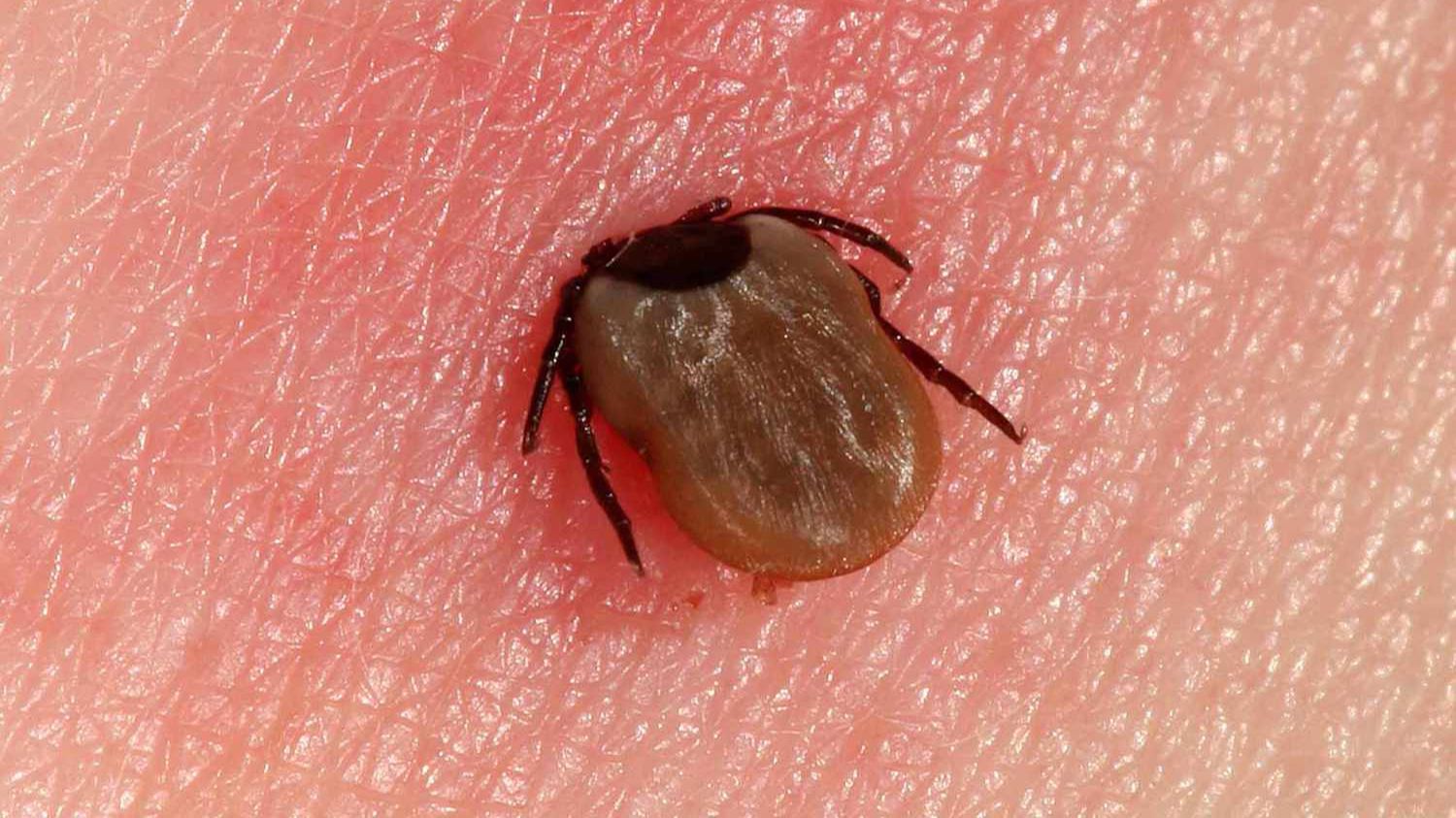However, Lyme Disease can prove to be a more difficult and complex process to diagnose and treat. When characteristic more commonplace symptoms are not present (such as above). Lyme Disease can progress untreated and become a serious, chronic, and sometimes debilitating illness, which affects multiple systems of the body.
ABOUT LYME DISEASE

MEDICAL CONTROVERSY
"To know Lyme Disease is to know medicine, neurology, psychiatry, ecology, law, politics, and ethics.”
–Dr. Robert C. Bransfield
As with any evolving complex medical problem (i.e. AIDS, Breast Cancer, Multiple Sclerosis, Alzheimer’s), informed differences of opinion as to cause and effect, leads to differences in basic therapeutic approaches, so too with CSLD. There is significant disagreement, and unfortunately polarized controversy among physicians concerning the diagnosis and treatment of this elusive illness.
Many physicians have aligned themselves with one of two groups: Lyme Group A (those who typically feel the disease is over diagnosed and over treated), or Lyme Group B (those who consider Lyme to be under diagnosed and under treated).
There is strong advocacy for both positions. However, statistical evidence should not be overlooked. The disease is growing at an alarming rate based on CDC statistics. The CDC admits that approximately only 10% of Lyme Disease cases are reported if the strict criteria for reporting are observed.
Physicians included in Lyme Group B category include Dr. Raxlen and other board members of the International Lyme and Associated Diseases Society (ILADS). These specialists from many disciplines (including infectious diseases, neurology, internal medicine, and neuropsychiatry) find it necessary to intervene with longer and more aggressive courses of antibiotics as opposed to a more standard conservative approach.
This division evokes harsh criticism among Lyme Group A, who are rightly concerned about inappropriate long term use of antibiotics and bacteriological resistance. Furthermore, the insurance industry unfortunately tends to compound the difficulty by limiting long term treatment programs for the patient.
Dr. Raxlen’s Lyme practice is dedicated to following the patient throughout the inevitable “ups and downs” of their treatment odyssey. Persistence and patience are the watchwords of his concerned and caring staff as they follow the patient through the treatment process.
DR. RAXLEN'S TREATMENT GUIDELINES

-
Differential diagnosis and treatment of co-infection which may accompany or mimic Lyme Disease (such as: CFIDS, Babesia, Borrelia, or mycoplasma other parasites.
-
Immunological and functional medicine support using nutritional supplementation and intravenous therapy and immune response modifiers (i.e. transfer factor, pregnenolone, melatonin, adrenal support, therapeutic vitamin C, and antioxidants.
-
Referral to neurology and/or immunology for IVIg infusion therapy ( gamma globulin)
-
Careful monitoring of gastrointestinal ecology accompanying long term antibiotic therapy, (i.e. lactobacillus, acidophilus, and antifungal agents such as Diflucan and Nystatin). This helps to avoid chronic yeast overgrowth and symptoms such as diarrhea, vaginitis, and digestive disturbances.
-
Psychological symptom reduction due to neuroborreliosis, bartonellosis or babesiosis which may include anxiety, depression, confusion, irritability, and sleep disorders.
-
Specialized psychotropic medications for depression , anxiety or insomnia when necessary.
-
Home health-care support for intravenous treatment programs, including 24-hour on-call nursing services, home dressing change, and phlebotomy.
-
Sleep laboratory studies when necessary).
-
Special testing for neurocognitive dysfunction: MRI, SPECT scan, PET scan, EEG, and neuropsychological testing (Halstead-Reitan test).
-
Physical therapy, osteopathic and chiropractic therapy, massage and acupuncture referral for persistent fibromyalgia, arthritis, and chronic pain.
DIET AND NUTRITIONAL THERAPEUTICS
Nutritional therapeutics are a critical adjunct to your TBD treatment program. Your system uses critical nutrients from your food, as well as additional prescribed supplements, to heal and repair damaged tissue. This damage has occurred because of persistent microbial inflammation caused by the action of pathogenic microorganisms.
In addition, proper nutrition and supplements strengthen your immune system, improve your metabolism and energy systems, stimulate stem cells for organ repair, and contribute to other critical organ functions. In short, optimal diet and nutrition, when combined with intelligently prescribed supplements, can aid the body in the process of healing.
Important nutritional issues to be considered:
-
Drug-nutrient interactions.
-
Reliable resources for pharmaceutical-grade supplements when recommended.
-
Protection of the intestinal tract when taking prescribed antibiotics.
-
Detoxification.
-
Biofilm elimination.
-
Heavy metal removal.
-
Weight loss or weight gain.
-
Elimination or avoidance of yeast overgrowth (candida).
-
Food allergies contributing to symptoms.
-
Paleolithic diet, anti-inflammatory diet (gluten, sugar alcohol free)
-
Specific nutrients to strengthen the immune system.
-
Combat fatigue and improve energy.
Patients who practice healthy eating and lifestyle habits and supplement their diet with vitamins and minerals, are much better able to cope with their illness, experience fewer relapses and improve their quality of life.

